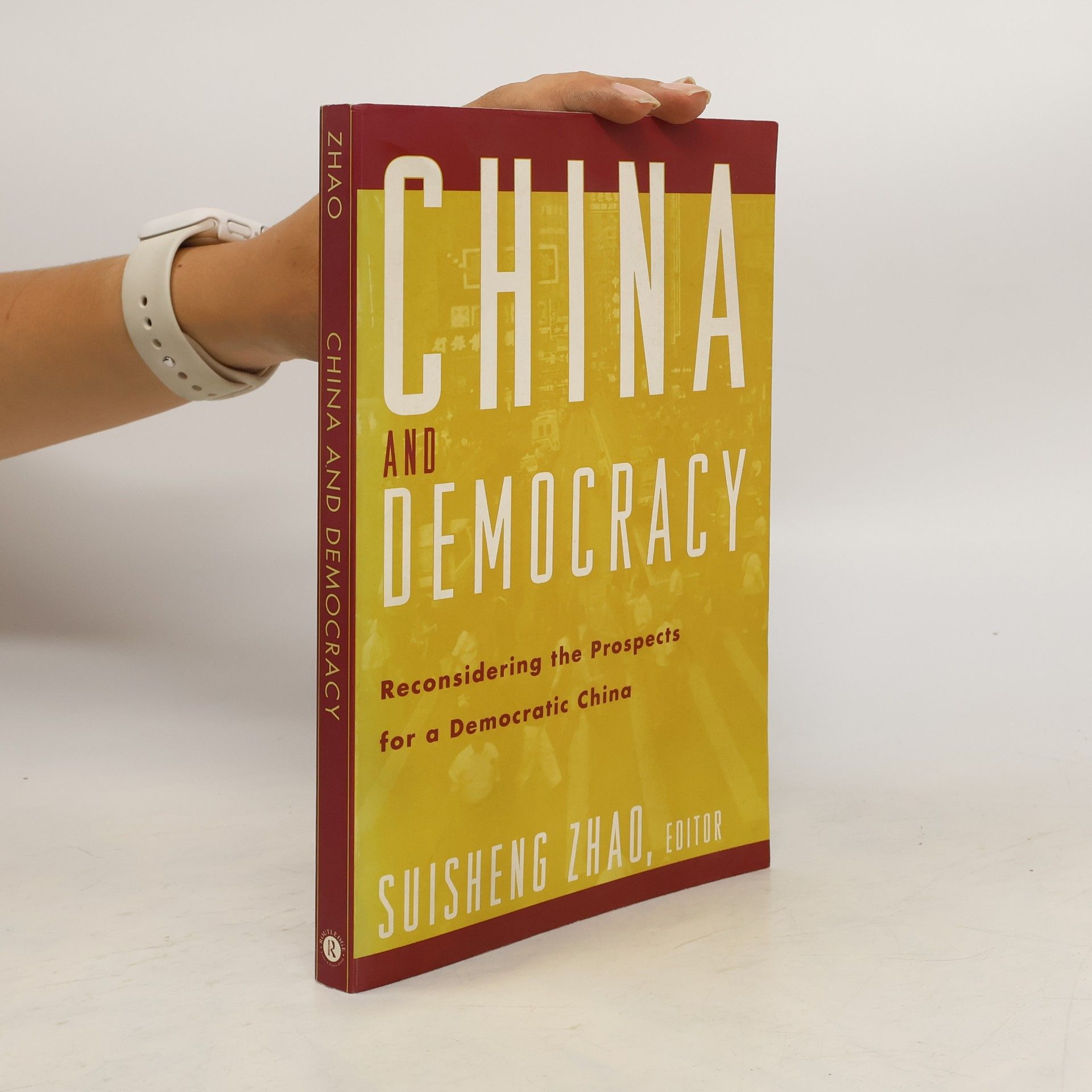This book provides a historically in-depth, conceptually comprehensive, and up-to-date analysis of the critical role of Mao Zedong, Deng Xiaoping, and Xi Jinping in the transition of Chinese foreign policy, leading to the ascendance of China to global power.
Suisheng Zhao Livres


China and Democracy
- 280pages
- 10 heures de lecture
China's dramatic economic growth in the last two decades of the last century and the prospect of its rise as a great power in this new one have greatly increased its weight and importance in world affairs. Consequently the progress, or lack of progress, of China's transition to democracy has become a central concern of the international community. This timely collection brings together many well-known scholars to systematically explore China's current government and assess that transition toward democracy. The contributors seek to bridge the gap between normative theories of democracy and empirical studies of China's political development by providing a comprehensive overview of China's domestic history, economy, and public political ideologies.Overall the volume contends that Chinese culture and Confucianism are not the obstacles to democratic transition that some scholars have said they are, and that the success of market reforms has eroded authoritarian rule. This weakening does not guarantee a successful transition, however, and the contributors show that there are many reasons to be skeptical about the short-term prospects for democracy in China, including historical failures, the underdevelopment of civil society, political apathy, and competing social values. Though China's political culture is essentially neither anti-democratic not pro-democratic, it must still overcome many obstacles in order to achieve democracy.